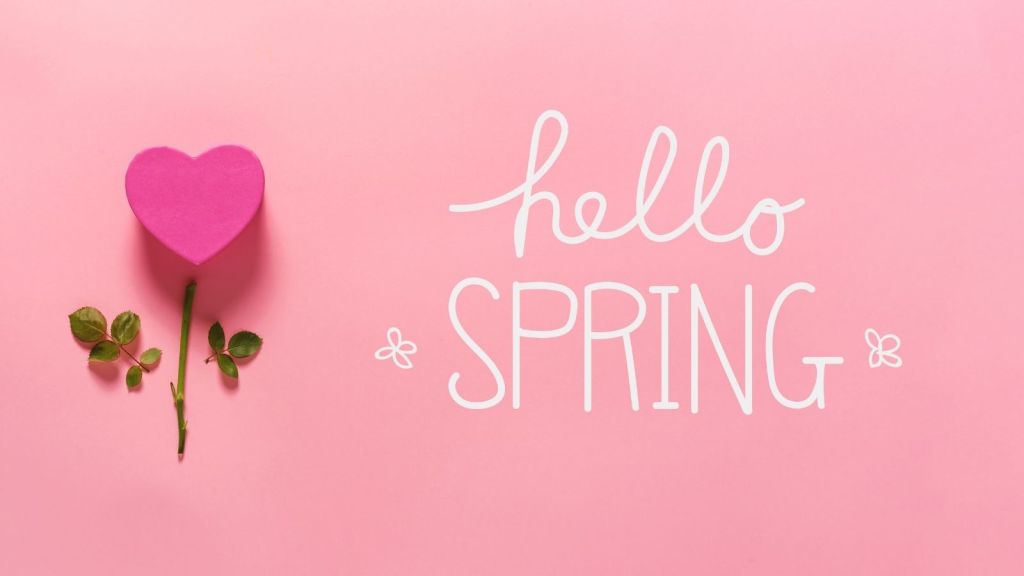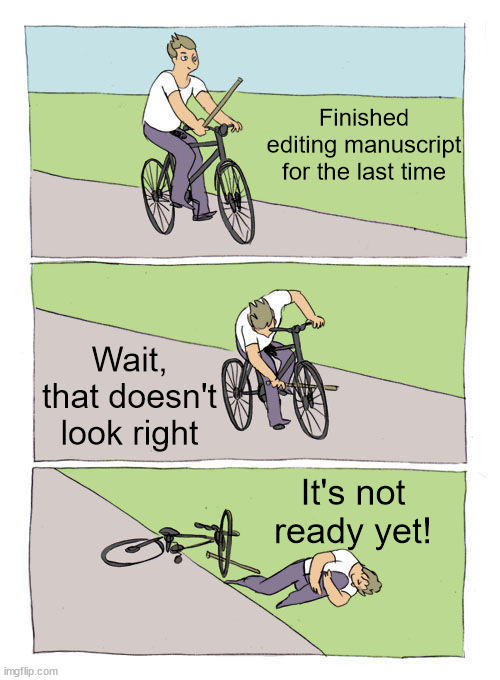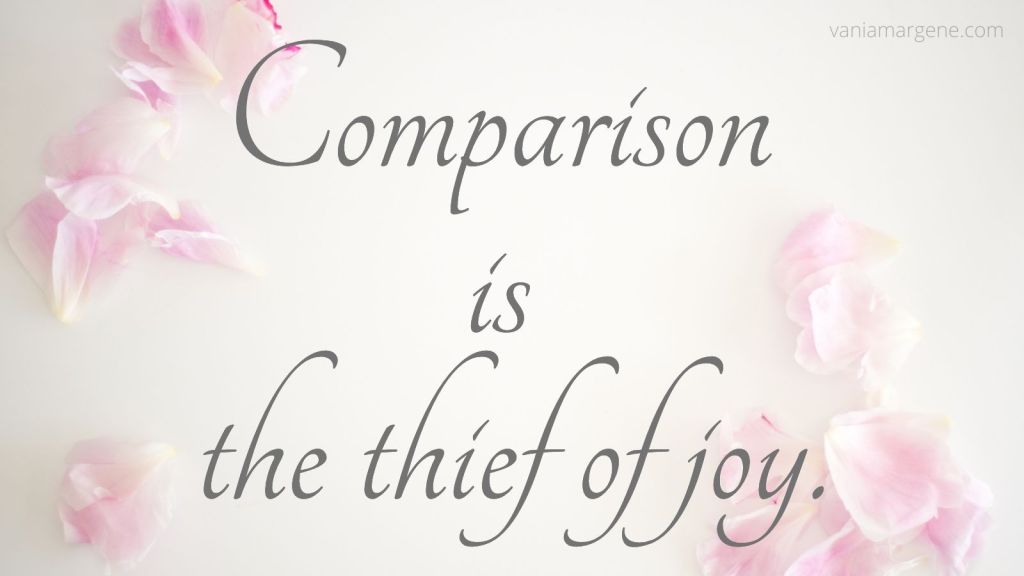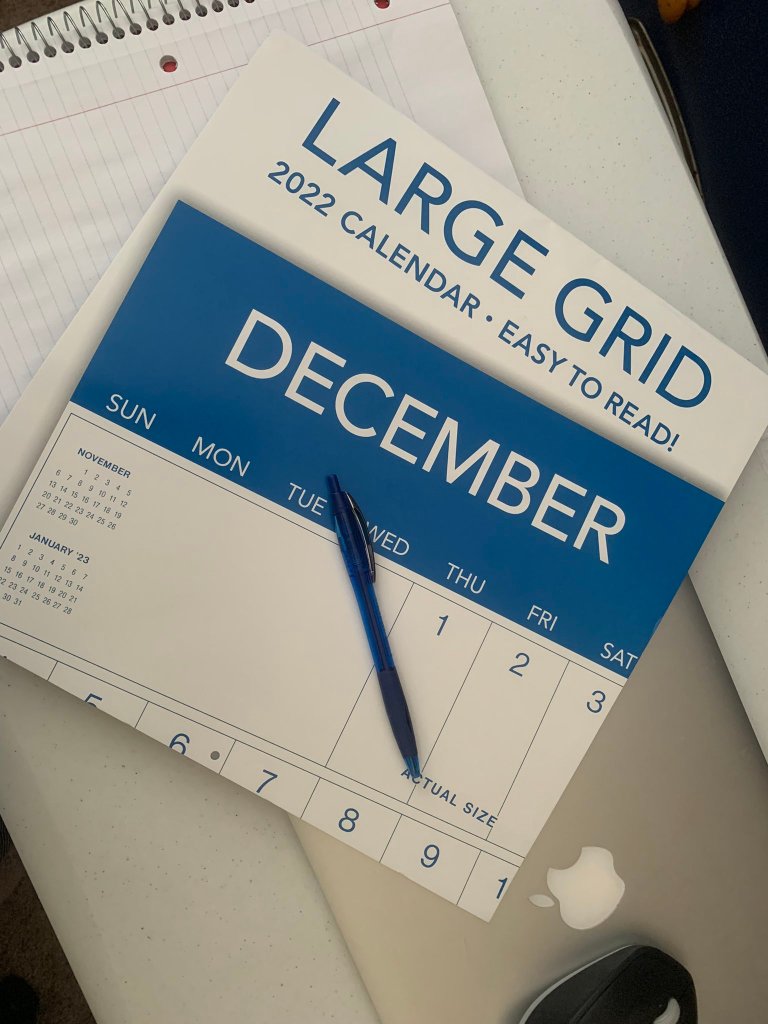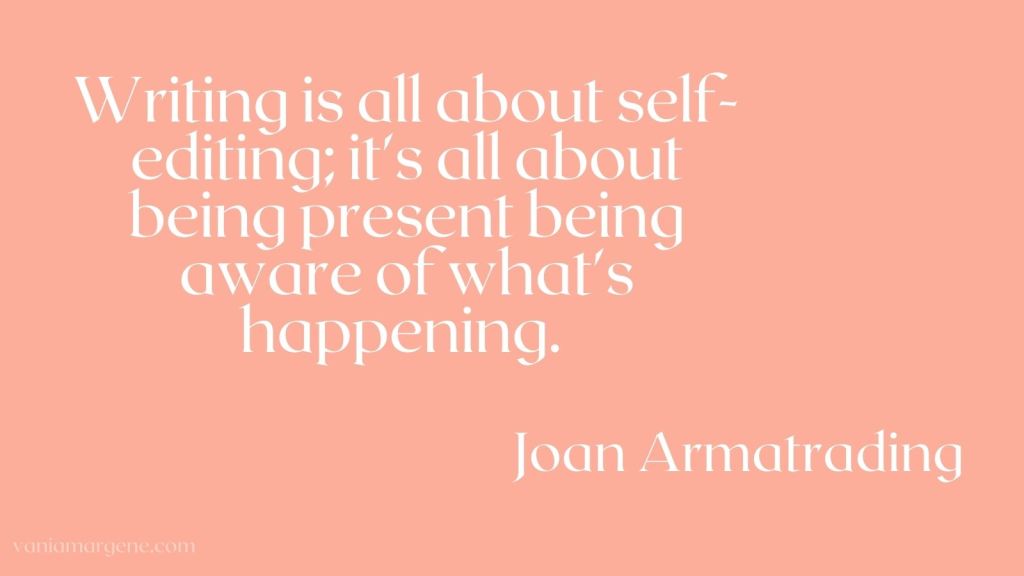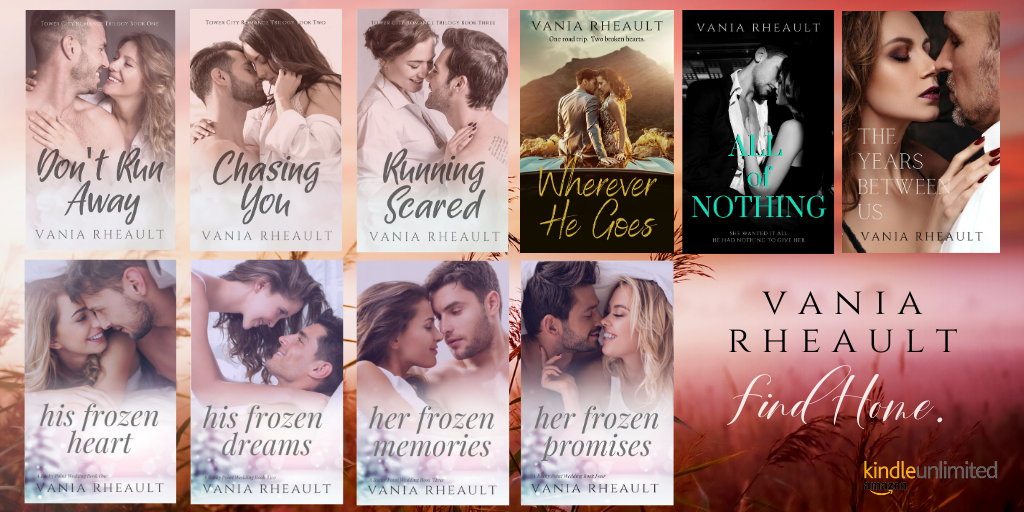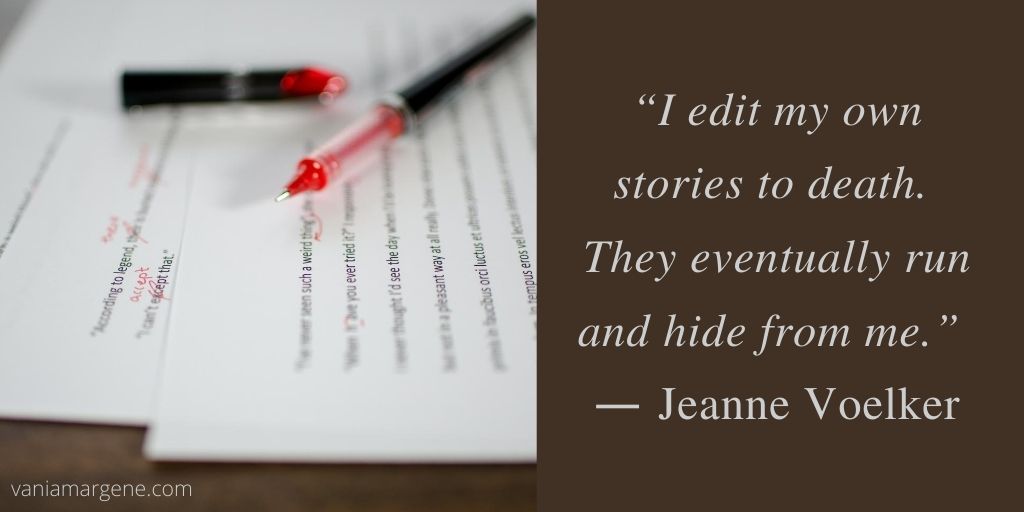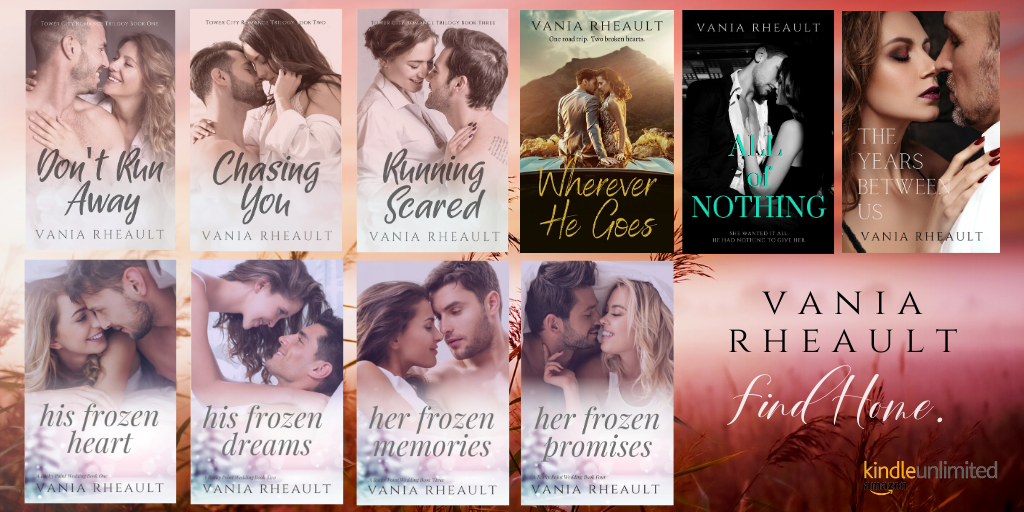Words: 1539
Time to read: 8 minutes

I thought I would write quick update being that this will be the last one of 2023. Next Monday on Christmas Day I’ll post my year-end recap and on New Year’s Day, I’ve decided to take the day off. After that, I’ll post what I want to accomplish in 2024 and fall back into my usual posting schedule.
Mainly all I’ve been doing is editing my King’s Crossing series. I got through number one and added almost two thousand words. Some of the scenes were sparse and I filled them in. That is what is happening with book two–I’m only halfway through and have already added 1500 words. It’s really interesting reading these since they were the first books I wrote when I switched to first person, but not only that, I can tell I pantsed a lot of the plot (she just said what?!). I’m going slower than I’d like, but I have to make sure these are the way I want them to be before I publish. Like my rockstars, I’m not going back to edit them ever again, and though I know perfection isn’t obtainable, I want to make sure they are done to the best of my ability. So even though I said I would like to start publishing them in March, I might not be able to do that. I was hoping to get through each book in two weeks’ time, but there are some chapters that are so long that it takes me days to get through them.
Which leads me to this question: How long should a chapter be?
My most recent chapter I edited was 14,000 words long. There is one chapter in one of the later books that is 21,000 words long, and no, I didn’t accidentally add a zero.
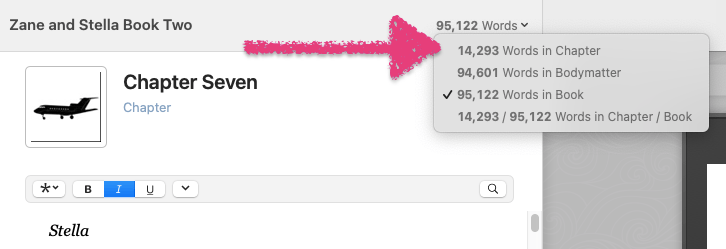

When I started with the idea of dual POV, I didn’t think much beyond that I simply knew what it was, that’s how contemporary romances were being written and that they were selling. I had read books in dual POV like Sylvia Day’s Crossfire Series, and I never thought much about length of chapters. As long as there is stuff going on that moves the plot along, and the chapters are fast-paced and don’t drag, why should it matter how long a chapter is? I’ve read a couple books where the book is “dual” but we don’t hear from the male POV for chapters into the book. There was one book I read that took so long to get to his, I wasn’t even sure if his POV was included and I almost did not finish (DNF). I like the man’s POV more than the woman’s and I always have. I think that reflects in my writing too, where I wouldn’t be surprised if there is more male POV in my books than female. Writing that made me curious, and here’s the breakdown of A Heartache for Christmas:
Sawyer’s POV: 54,114
Chapter one, 1,611
Chapter three, 3,681
Chapter five, 8,152
Chapter seven, 7,266
Chapter nine, 4,894
Chapter eleven, 10,691
Chapter thirteen, 4,354
Chapter fifteen, 10,305
Chapter seventeen, 3,160
Evie’s POV: 43,050
Chapter two, 878
Chapter four, 5,907
Chapter six, 4,355
Chapter eight, 6,302
Chapter ten, 6,772
Chapter twelve, 8,930
Chapter fourteen, 2,750
Chapter sixteen, 7,156
As you can see, I started writing long chapters and never stopped. I gave Sawyer 11,064 more words, but in this case, it makes sense because he was solving a mystery and needed the page time. This also goes along with how I used to write my 3rd person books. I never wrote in chapters, only scene breaks, and then I would chop up my book in editing. I couldn’t think in chapters and maybe I still don’t. I end a POV when it needs to be ended and not any sooner to stay in line with some arbitrary chapter-length rule. Because if you have a POV that needs five chapters to be told, why are you cutting up that POV? It doesn’t make any sense, but then, I guess you don’t have a 95k word book with only sixteen chapters in it. Is there a wrong way? I think the only wrong way cutting up something into such small parts is if the reader doesn’t have time to get invested. Your readers have to care about your characters–that’s nonnegotiable. They can’t do that if they’re not given the time to do so.
Anyway, so when I’m dealing with a 14,000 word chapter where parts need to be beefed up a bit here and there and then I have to go back and read, not only to make sure I didn’t add any typos but to make sure that what I added blends into what was previously there and what came before it, then yeah, the editing process slows way down. Unfortunately. But, on the bright side, I am still loving these books, and I’m enjoying the process. These will probably be the biggest project I’ll ever tackle. I’m not really interested in writing this big of a project again, and I have no idea how these are going to be received. I hope these sell well, even boost-my-career-to-the-next-level well, but these will take a time and money commitment from a potential reader and you just never know. No one wants to write books that no one will read, and there are no guarantees.
As for what else I’m doing, that series will consume all my attention, my every free second, until they’re done. I’m still aware I need to redo their covers too, as the more I read these books the more convinced I am that the covers they have now don’t and won’t do them justice. I’ve been playing with hiring GetCovers to do them. They are inexpensive and after I get my tax refund in February could afford to cover six books, but I’ve heard you get the best results if you find the elements (stock photos) you want them to use. Finding the male models is what takes the longest and if I’m going to do that on my own, I might as well do the whole thing myself. But I have plenty of time to play with that–I just need to remind myself that experimenting with cover concepts is just as important as the editing. Thank God the blurbs are done, though I’ll go over them one more to be sure they sound okay.
Be sure to check next week for my year-end recap. My rockstars boosted me up a bit, so hopefully I’ll have more to report. I hope you all have a wonderful Christmas if you celebrate! I’m having my sister and ex-husband over and I’m cooking turkey, cheesy hashbrowns (we had mashed potatoes and gravy for Thanksgiving), green bean casserole, and the yummy cheddar biscuits from Red Lobster you can buy as a mix. It will be a small meal, but difficult to orchestrate as everything needs oven time and I only have one. Oh well. It will work out. I managed on Thanksgiving.
One last thing before I sign off for this week…there has been lots said about Bryan Cohen and his free Amazon ads course that he hosts. Some call him a scammer and only wants to recruit people into his Amazon Ads School, some say he doesn’t know what he’s talking about when it comes to Amazon ads, (calling his method throwing spaghetti at the wall and seeing what sticks) some say if he’s not selling books not to listen to him (something I don’t believe because a lot more goes into selling books than knowing how to use an ad platform) but I’ve joined in with the challenge many times, and if you want a free way to learn Amazon ads, Bryan is the one to teach you to do it. There are many strategies to experiment with when it comes to Amazon ads, or any ad platform for that matter, and Bryan teaches you one way. For free. He goes into a lot more than just how to set up an ad. He goes through and makes sure you understand if your book is ready to throw money at it (and a lot of times people find out the answer is no) and teaches you how to write hooks and more. I’m not saying his way is the end-all, be-all way. There are plenty of people out there who do ads like Robert Ryan, Janet Margo, and Ricardo Fayet (from Reedsy), but if you join in with the challenge, you have a ton of help and people to bounce ideas off of in the Facebook group. You can use Bryan’s free course as a springboard for getting your feet wet, and then move on to other strategies by other people. Anyway, so I just wanted to throw that out there, and if you were planning to learn Amazon Ads in 2024, then you can sign up for Bryan’s course that’s starting on January 17th and decide for yourself if his spaghetti deserves a plate at your table. You can sign up here. https://learn.bestpageforward.net/jan24/ (These are not affiliate links.)
Enjoy the rest of the week and have a restful weekend!



